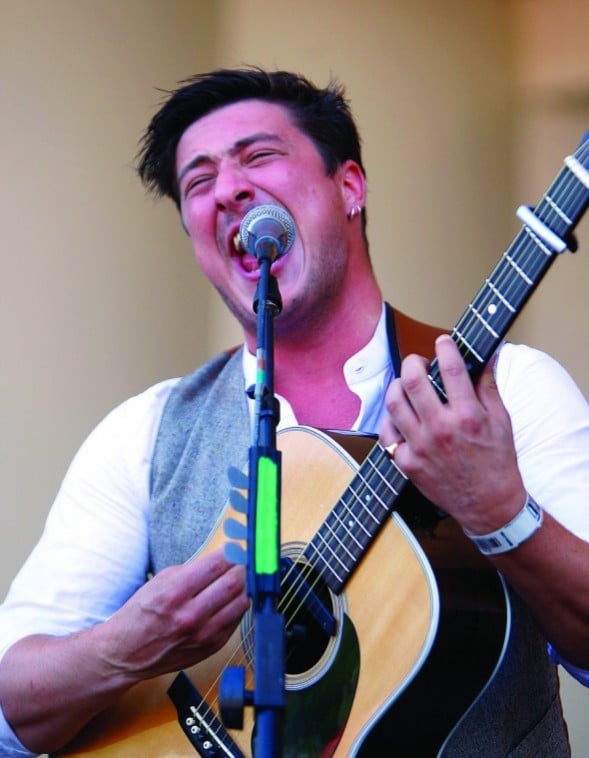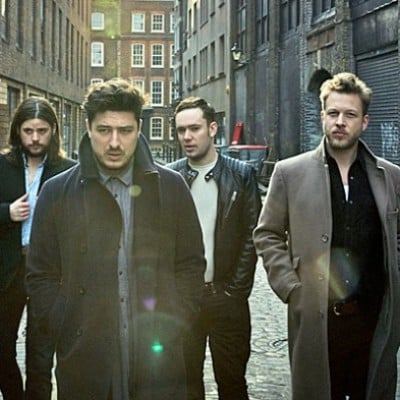

Working with Aaron Dessner of the National, the band came up with a propulsive, synth-based sound. 3, 2015’s Wilder Mind, ditched the traditional building blocks of a Mumford song. When the band reconvened, the banjo player was telling people “fuck the banjo.” Album No. A hiatus after the tour for the album sparked premature rumors of a breakup. Babel won the Grammy for Album of the Year at the 2013 ceremony in one of the most shocking choices in that category since Steely Dan’s comeback album beat out Radiohead’s Kid A for top honors in 2001.Īfter Babel, Mumford & Sons seemed to get tired of itself. The tunes were functional if perfunctory. Singer-songwriter Marcus Mumford wrote lyrics about love and crises of faith that resided on the dividing line between profundity and silliness and sang them in a brooding, mewling delivery not unlike Dave Matthews’s signature growl. Babel was a hokey synthesis of early aughts coffee-shop folk and college-kid acoustic playlist aesthetics that felt almost bionically engineered as old-millennial catnip, food for thought for the kind of people who grew up torn between new and old ways of living, who experienced the possibilities of the internet but slid into traditional domesticity anyway, who wear overalls and black wide brim hats in earnest to effect a measure of rustic flavor in their daily travels. and the U.S., where it went gold in a week and ranked highly in the list of the best-selling albums of both 20. The British folkies’ 2012 sophomore album Babel did Drake numbers in the U.K. Mumford & Sons isn’t our best rock band, but they might be the biggest. The biggest and best bands pressure themselves to rework their formula as the years advance because playing the same music night after night on tour is a chore, and because new styles attract new ears, and new ears keep the burgers cheesy and the bread buttered. Album four’s where Queen and the Who got operatic, where Led Zeppelin perfected the unified stomp that would ring out for decades in rock and rap history.

Populist appeal, the logic seems to follow, involves touching as many demographics as possible, and bands that come in with a strong but very specific sound all seem to grow peculiar new interests right around album four. There’s a specific point in the trajectory of every musical act with stadium-size ambitions where they start conceptualizing the live show from the studio, where Coldplay starts tracking down U2’s producers, where Arcade Fire seeks input from James Murphy of LCD Soundsystem.


 0 kommentar(er)
0 kommentar(er)
